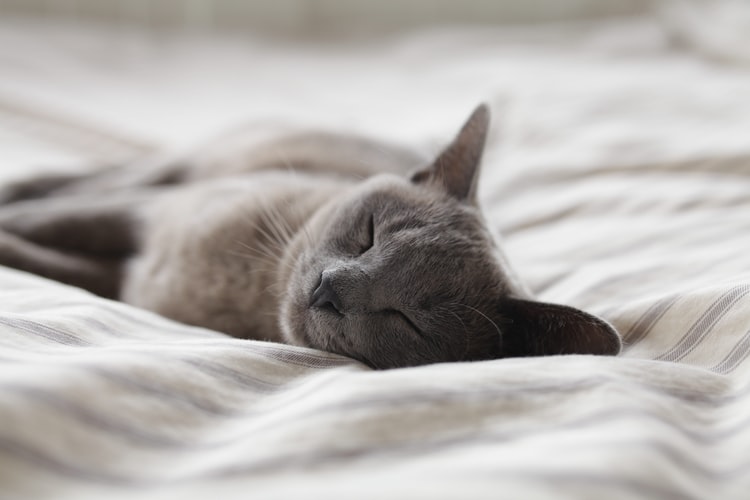
22 July 2021
5 tips for better quality sleep
Better quality sleep with Hashiona App
Sleep is the main and most important type of rest for our body. For maximum recovery we need to sleep for at least 6h. However, these are guidelines for adults, and they vary for each age group. Too much sleep does not mean better recovery. What is more important is its appropriate length and falling asleep at regular times. But what if you still feel tired when you wake up, despite regularity and keeping track of time? Here are some tips on how to improve the quality of your sleep.
Limit your screen time
Our body can determine when it’s time to sleep thanks to receptors in the retina that respond to blue light (the light that is most abundant during the day). When the night comes, less blue light reaches the retina and the brain sends a signal for the pineal gland to secrete melatonin – the ‘sleep hormone’. How does this relate to smartphone/computer/tablet screens, etc.? Well, the screens of these devices emit the same blue light they fool our brain to think it is still daytime and does not give the signal for melatonin production. Therefore, in order to improve the quality of sleep, we should put away all the devices presented above about 2 hours before bedtime.
Don’t sleep in the noise
Simple, right? Simple, right? The effect of noise on sleep is determined by many factors, such as: individual sensitivity, gender, age, health. All noises, especially louder ones, reaching us during sleep stimulate the sympathetic nervous system, which does not mean that sleep “will be nice”, on the contrary. These types of stimuli cause our body to secrete adrenaline, norepinephrine and cortisol, in effect causing the shortening of the deep sleep phase – the most regenerative for our body, and extending the shallow phase – that is, the one that allows us to wake up quickly or “wake through sleep” when there may be danger nearby. Although the latter phase sounds great for fans of lone spies and agents, it negatively affects the quality of sleep and leads to fatigue upon awakening and irritability.
Meals
According to recommendations proven by research, we should go to bed neither hungry nor overeaten. Food influences sleep by affecting tryptophan availability, serotonin and melatonin synthesis. We should not eat heavy or spicy food 2h before bedtime. Also products containing caffeine, nicotine and alcohol have a negative impact on falling asleep and the quality of sleep, especially if they are consumed in the evening hours.
Physical activity
Regular physical activity a few hours before bedtime, such as walking, gymnastics or yoga has a positive effect on the quality of sleep, mainly through perceived fatigue and desire to fall asleep. Heavy weight training is not recommended, but it has not been confirmed that such exercises have a negative effect on sleep.
Ventilation and temperature
Two very important factors that affect the quality of sleep. Access to fresh air in the bedroom is a key factor if we do not want to wake up in the morning with a headache. Contraindications for ventilating the room before bedtime may be allergies to pollen, which occur in large numbers in the air at a given time of year or high humidity outside the window – the one in the room should not exceed 50%. The temperature should not be too low or too high. The optimal one ranges between 24-26°C. Too low or too high a temperature prolongs the shallow phase of sleep.






